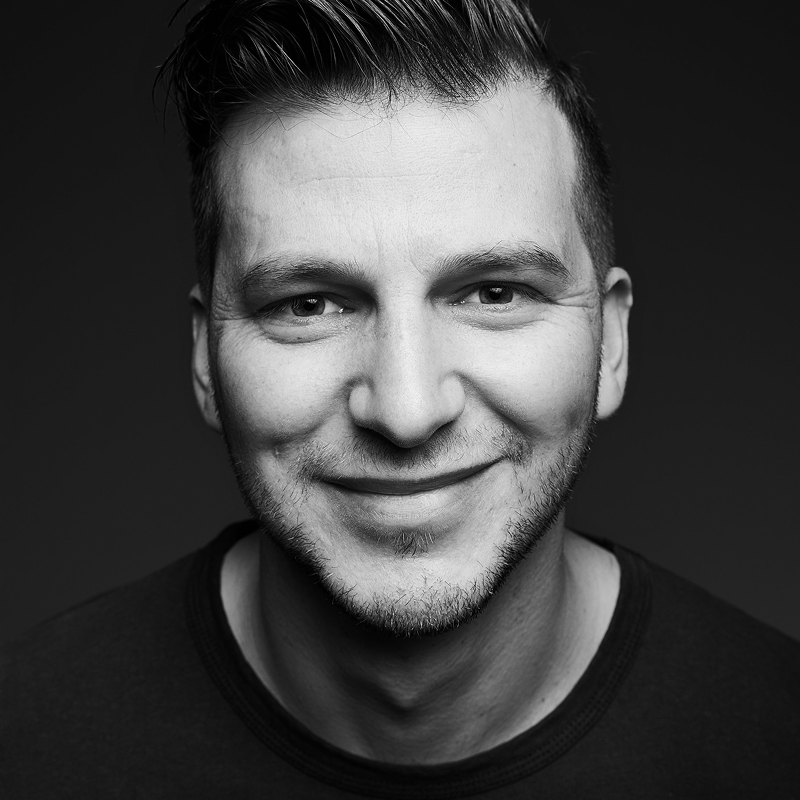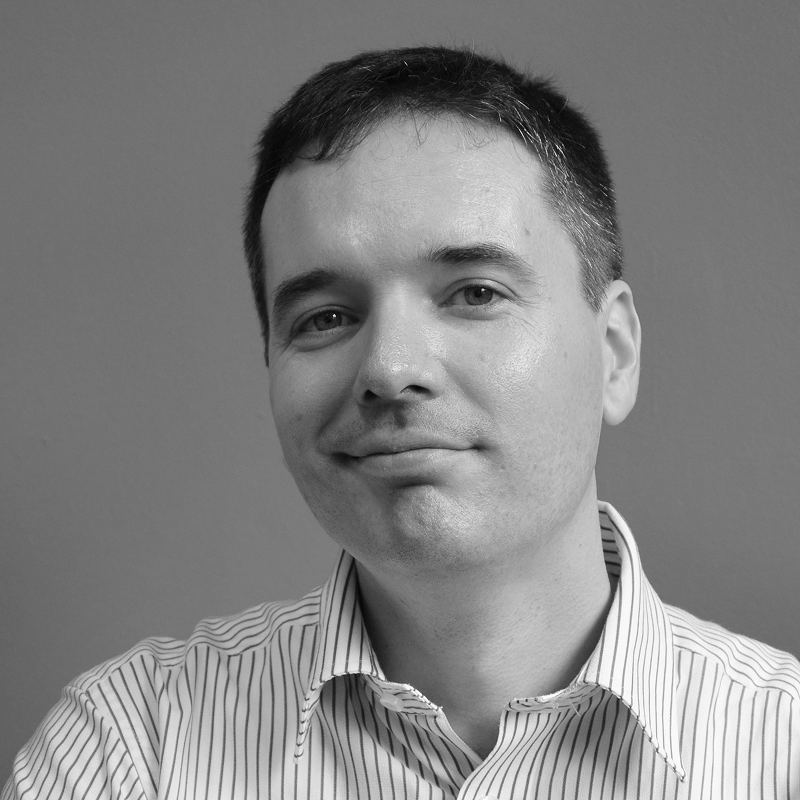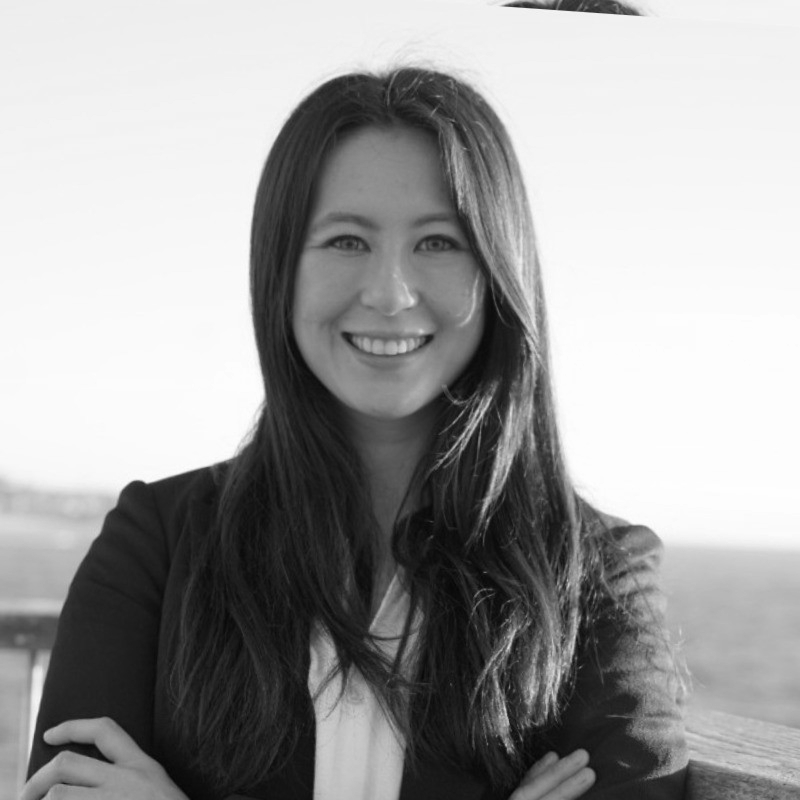
ASKING FOR A FRIEND
What are your predictions of the impact of AI and Machine Learning on mental health?
ASKING FOR A FRIEND - QUESTION
As AI and machine learning reshape the creative industry, what’s the toll on our mental health? In this candid discussion, organisational psychologist Ben Searle and ECD Shane Geffen unpack the fears, opportunities, and emotional weight creatives are carrying. From the impact of job insecurity to the potential for human-AI collaboration, they offer practical insights on how to stay grounded during this massive shift. Hosted by Rebecca Jones-Bateman of Never Not Creative, this is a timely reminder that while tools are changing, human creativity — and mental wellbeing — still matter most.
The rise of AI in the creative industry has moved from curiosity to conversation to full-on reckoning. Tools like ChatGPT and Midjourney are now baked into workflows, reshaping how we create, collaborate, and think about what our roles actually mean. But while we’re all busy adapting, there’s a deeper thread pulling at the edges — what’s this doing to our mental health?
It’s not just about productivity or the next new tool. It’s about identity, security, ethics, and that quiet fear that what we love most about our jobs might not be needed anymore. Whether you’re optimistic, overwhelmed, or somewhere in between, these feelings are valid — and shared.
This question was explored by Ben Searle, an organisational psychologist with over two decades of experience in workplace wellbeing, creativity, and burnout (and the host of the Mind On The Job podcast), and Shane Geffen, Executive Creative Director at HERO/McCann Melbourne, who’s led global brands through major creative and technological shifts. The discussion was hosted by Rebecca Jones-Bateman, Brand Manager at Bayer and Head of Community and Growth at Never Not Creative, who brings deep insight into the emotional realities of working in this industry.
The mental health toll of job uncertainty
One of the biggest mental health impacts right now? Fear. Fear of becoming redundant. Fear of being replaced. Fear of losing a career you’ve worked hard to build.
Ben puts it plainly:
"It's one thing to be told that you know here is a new tool that you can utilize another thing to be told well maybe your job is at risk because of some some new technology."
For many, this is layered with ethical discomfort too — especially around how AI tools are trained.
"For some people who might work in this space it's another thing again to know that the technology that is currently available in some areas has got to this point because of some ethical issues of AI tools being trained using stolen work for which the original artists and writers aren't ever going to be compensated."
If you’re feeling anxious, you’re not imagining it. Ben encourages creatives to speak openly:
"If you're feeling that your job is threatened that's something that you should be talking about talk about it with your co-workers and your peers it's a stressful thing to have weighing on your mind."
Talk it out — with people who get it
Isolation makes anxiety worse. And when it comes to big changes like AI, community matters more than ever.
Ben offers this reminder:
"It's helpful to seek social support in dealing with some of these work-related stresses. That conversation can help you feel less alone either you're going to feel relieved that your peers can persuade you that things are going to be okay or you'll feel that your concerns are validated and you have people around you who are supportive and understanding either of which is a win."
Rebecca also reminds us that there are spaces made exactly for this:
"We've got these mental health support groups as well that Never Not Creative offers so for creatives so if you do want to connect with other creatives and talk about work related issues feel free to sign up on our website."
No one has to figure this out alone.
AI isn’t coming — it’s already here
From an industry perspective, Shane has seen AI shift from hypothetical to hands-on, fast.
"The AI conversation I think it is it's a massive talking point right like I attended the Cannes Festival of creativity this year in France and every second talk was about AI and there's many different viewpoints."
He sees this moment as historically significant:
"This is the next Industrial Revolution you know like it's the Tipping Point it's like it's the invention of the wheel everything's going to change and to a large extent I think it probably will."
And yet, he remains hopeful about what human creativity brings to the table:
"I think there's a lot of faith in human creativity as a guide for AI as long as there's a human that edits or controls or prompts AI to help us as a tool I think that's the way that we should look at it now."
AI as a tool — not a threat (for now)
Shane shares his initial fears when ChatGPT first entered the scene:
"It was very easy to get caught up in the fear around will it take my job I think that was one of the first things that I thought when I first heard about ChatGPT as being a copywriter my job is to write large chunks of copy ChatGPT quite truthfully can do a way better job than I can at creating large chunks of copy at a quick fast pace but I'll probably still have to edit it."
He’s honest about how his team uses AI tools — and where the limits are right now:
"From a conceptual way to get to the ideas and to sell them into our clients we don't necessarily use them for the end product but when we are creating decks and presenting ideas to clients we'll use Midjourney to create images that before we'd have to go to a stock library like Getty and we'd have to put in Photoshop and we have to mock it up now we can go to Midjourney type in a few prompts and it'll create an image that represents that concept."
AI can speed things up. It can visualise rough ideas. But it still needs a human to guide, shape, and give it purpose.
Human creativity still has the edge
For all the fear and hype, both Shane and Ben agree — AI hasn’t yet cracked what makes creativity truly human.
Shane says:
"Until AI can create emotion that can write a film that really touches you makes you cry and can give it a prompt or give it a brief and answer it with a level of creativity that a human that is on par with a human I think that's when we should start to get worried because then it's on the same level playing field as us but for now I don't think it's there yet."
Yes, tools will get better. But storytelling, emotional resonance, nuance — they still belong to us.
Moving forward with both caution and care
There’s no doubt that AI and machine learning will continue to shape the way we work — and feel about our work. And while the tech evolves quickly, your wellbeing doesn’t have to suffer in the process.
Take breaks when you need them. Stay connected to others. Keep your creative identity rooted in what only you can do. Most of all, don’t be afraid to talk about how this all feels. Because chances are, the person next to you is feeling it too.
our guests
Industry Leader

Shane Geffen
HERE / McCann
Mental Health Expert

Ben Searle
Host

